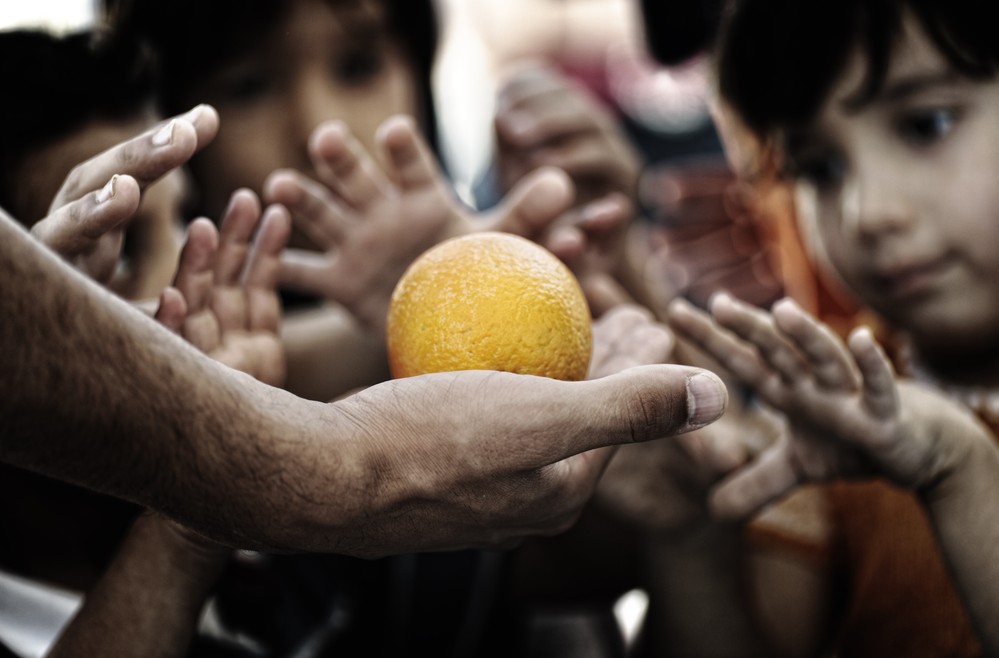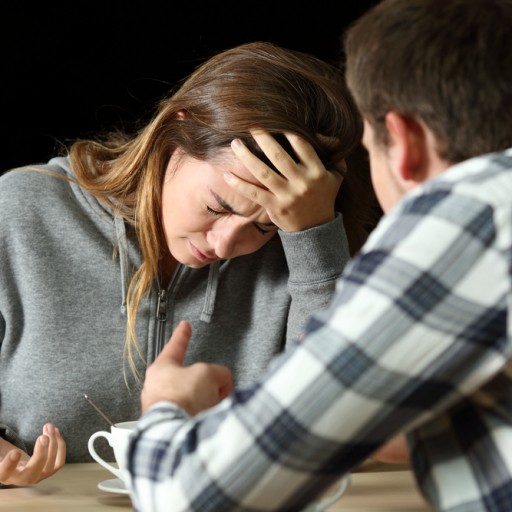There are many names for the sea gypsies of the southern island of Davao in the Philippines: Badjao, Samal Badjau, or Bayao to mention but a few, writes Richard Hogan.
They are an ethnic group traditionally from the islands of the Sulu Archipelago in the Philippines, they are also scattered around the costal areas of Mindanao, northern and eastern Borneo, the Celebes, and throughout some eastern Indonesian Islands.
I’m currently sitting in a hut, listening as a family of Badjao excitedly prepare the evening’s dinner in Davao.
Mr and Mrs Araman have invited me to stay the night after teaching their children during the day. I’m sitting here, taking it all in while neighbours, cousins and family members appear from different adjoining rooms. Like a Sophoclean play, they pop out from different passageways linking all the huts to welcome the white bagay ‘friend’.
And it’s some welcome; they have made me a pair of their traditional pants, brilliantly colourful and comfortable, everyone is laughing at the two white sticks protruding through them.
In fact, they are in hysterics pointing at the sight before them. All the children have come down to see the source of the derision, there must be about 30 people in one small room pointing and laughing uncontrollably at me.
Others are hanging through the wooden square that is the window. Screaming and laughing, hitting each other to get a look. I can’t really understand what they are saying because it is so rapid and through tears of laughter.
But I hear some words like ‘buang pote bagay’ — crazy white friend. Their laugh is infectious; it comes straight from the heart and permeates your soul. Being with the Badjao is, without doubt, a spiritual experience.
I have been working with the Badjao tribe for nearly 10 years now. Every summer, myself and a group of students from Catholic University School make the long journey to Davao to work with the Badjao tribe.
And every summer, as we are leaving, I always feel a little guilty in the knowledge that we have learned far more by simply being with these people than we could have ever possibly taught them.
Their capacity to be authentic and joyful hits you the minute you walk into their community. They are by far the most marginalised group in the Philippines.
They live above the shoreline with no real sanitation, so their waste is floating beneath them. Some Badjao children beg in the streets for money.
The majority make money selling the pearls their fathers dive to find in fresh water. Their location is significant too, they live in an area with other ethnic groups such as the Marano and Bisaya, however, they are positioned at the end of that community.
The symbolism of it all is not lost on the children as they make jokes about how the people want them to fall off the edge of the world.
Much of the work we do with the Badjao is to try to give them a sense of self worth, to show them that they are valuable and deserve respect.
It is very easy to think of these children in terms of what they do not have rather than what they have, but if you actually view what is transpiring in front of your eyes you see what they do have. And it’s a lot. And some of what they have, we have lost.
Now that the laughter has died down they start to prepare the dinner again. They have been chatting, telling stories and jokes for the last half an hour and when a relative pops in, which happens about every other minute, they start the whole story over again and with the same energy.
As I sit here, listening to the levels of communication taking place, I’m drawn back to my own childhood. I used to love it when my grandmother would declare it was time to meet the country cousins again. I loved hearing about my grandmother’s early days and what life was like for her.
She’d talk for hours with her cousins about the thrashing and helping the men with their work and the nights in Arcadia where she danced her way through the war to Mick Delahunty and his boys.
And what I’m witnessing now, 20,000km away from that world, is bringing up those days for me.
Because the Badjao are present with each other, no distractions, just talking and listening and laughing and sharing the evening with each other and enjoying one another’s company because that’s all they have and that was all my grandmother had too growing up in Cork in the early 1900s.
Have we allowed technology to take that from us? Is progression about losing basic human communication?
And even though I often find myself thinking and writing about how consumed the modern teenager is with technology, watching the boys work over the last week with the Badjao tribe has been a truly uplifting experience.
Teenagers often get a hard time for being disaffected and moody but these boys have given themselves to this project fully. They have let down the guard they need for western living and allowed themselves to have an authentic experience.
The Badjao have changed them. They change everyone who is fortunate enough to encounter them.
I feel incredibly privileged to have been welcomed into the Badjao community with such love. We started a joke 10 years ago with them and they say it every time they see me ‘not Badjao, Goodjao’.
Maybe a silly little joke like that could help them to view themselves for what they are — the most beautiful, warm, and funny people I’ve ever met.
Jordan Peterson says ‘do what is fulfilling not expedient’ and you’ll be happy — I couldn’t agree more.



